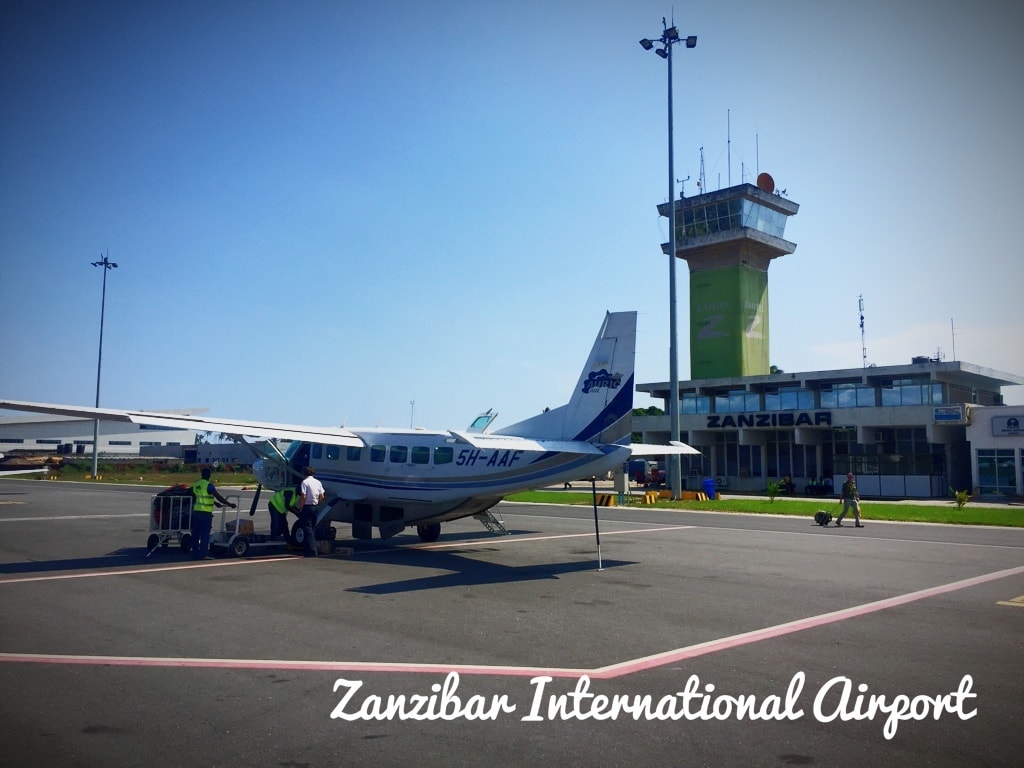Zanzibar, a Gem in Tanzania’s Archipelago
Zanzibar, an enchanting archipelago located off the coast of Tanzania, captivates visitors with its fascinating history, vibrant culture, and breathtaking natural landscapes. This exotic destination consists of two primary islands, Unguja and Pemba, alongside several smaller islets. Zanzibar is famous for its pristine beaches, aromatic spice plantations, and the historical Stone Town—a UNESCO World Heritage site. This article highlights the diverse appeal of Zanzibar, focusing on its historical importance, cultural richness, natural beauty, and evolving tourism scene.
Historical Significance of Zanzibar in Tanzania
The history of Zanzibar is a rich tapestry influenced by a blend of Arab, Persian, Indian, and European cultures. The islands have been a crucial trade hub for centuries, particularly known for spices and slaves. The arrival of Arab traders in the 7th century marked the beginning of Zanzibar’s rise as a significant trading post in the Indian Ocean, connecting Africa with the Middle East and beyond.
The Omani Sultanate significantly impacted Zanzibar’s history during the 17th and 18th centuries. Under Omani rule, the islands flourished economically and culturally. Stone Town emerged as a bustling commercial and cultural center, characterized by its narrow alleys, intricately carved wooden doors, and lively markets. The abolition of the slave trade in the late 19th century dramatically altered Zanzibar’s economy, leading to a decline in its status as a slave trading center.
In 1964, Zanzibar experienced a revolution that resulted in the overthrow of the Sultan and the establishment of a republic. This political shift had profound implications for the islands’ governance and social dynamics. Today, Zanzibar functions as a semi-autonomous region of Tanzania, boasting its own government and unique cultural identity. Appreciating this historical context is crucial to understanding the complexities of modern Zanzibar.
Cultural Heritage of Zanzibar, Tanzania
Zanzibar’s cultural heritage is a vibrant fusion of various traditions and influences. The islands are home to a diverse population, including Arabs, Africans, Indians, and Europeans. This cultural melting pot is evident in the local cuisine, music, dance, and festivals. The culinary landscape is particularly noteworthy, featuring dishes that highlight the use of spices like cloves, cinnamon, and nutmeg—products that the islands are renowned for.
The annual Sauti za Busara festival celebrates African music and culture, drawing artists from across the continent. Traditional music genres such as Taarab—a blend of Swahili poetic lyrics and Middle Eastern melodies—are central to Zanzibar’s cultural identity. The island’s artistic scene is further showcased through handicrafts, with intricate textiles, jewelry, and wood carvings available for visitors to admire.
Religious practices also significantly shape Zanzibar’s cultural landscape. Predominantly Muslim, the islands observe Islamic traditions, while also embracing elements from other faiths. This coexistence is particularly evident during festivals like Eid al-Fitr and Eid al-Adha, where communal prayers and celebrations unite people from various backgrounds.
Natural Wonders of Zanzibar, Tanzania
Zanzibar’s natural environment boasts stunning landscapes and a rich biodiversity. The islands are home to some of the world’s most beautiful beaches, featuring powdery white sands and crystal-clear turquoise waters. Key beach destinations include Nungwi and Kendwa on Unguja Island, where visitors can enjoy exhilarating water sports such as snorkeling, diving, and sailing.
Beyond its beaches, Zanzibar is renowned for its lush spice plantations, offering guided tours for those eager to learn about the cultivation of spices such as cloves, vanilla, and cardamom. These plantations not only bolster the local economy but also provide insight into the islands’ agricultural practices.
The Jozani Chwaka Bay National Park is another highlight of Zanzibar’s natural beauty. This protected area is home to the endemic Red Colobus monkey and diverse flora and fauna. Nature trails wind through mangrove forests and coastal ecosystems, offering opportunities for birdwatching and wildlife observation.
The marine environment surrounding Zanzibar is equally spectacular. The coral reefs, teeming with marine life, make it a prime destination for scuba diving enthusiasts. Ongoing conservation efforts aim to protect these delicate ecosystems from threats like overfishing and climate change.
Contemporary Tourism in Zanzibar, Tanzania
In recent years, Zanzibar has emerged as a premier tourist destination, attracting visitors from around the world. The tourism sector has become a vital part of the local economy, creating employment opportunities and bolstering various industries. Accommodations range from luxurious resorts to budget-friendly lodgings, catering to diverse traveler preferences. With its rich history, cultural heritage, and stunning natural landscapes, Zanzibar, a treasure in Tanzania, continues to enchant travelers seeking adventure and relaxation.
Special transfers offer
- Transfer to Melia hotel
- Transfer to Langilangi hotel
- Transfer to Z hotel
- Transfer to Doubletree by hilton
- Transfer to Hideaway hotel
- Transfer to Paje & Jambiani hotels
- Transfer to The Residence
- Transfer to Kiwengwa & Matemwe

